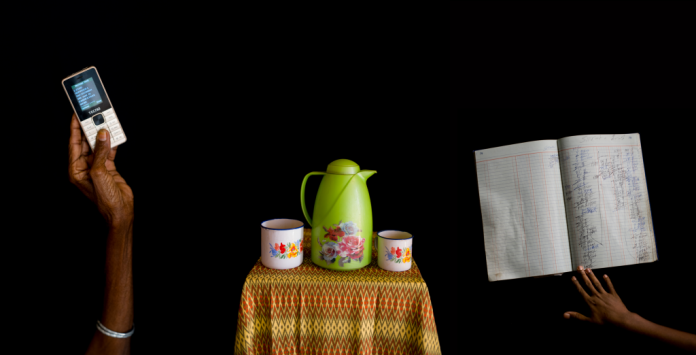New report maps spending patterns of vulnerable households in Somalia
The Somali Cash Consortium, in partnership with REACH, is currently preparing the publication of a comprehensive report on the spending patterns of Somali households who received a total of 18 million dollars of life-saving cash transfers in 2018. Through thousands of surveys and focus group discussions, the report shows that an overwhelming portion of the received cash was spent on food, water and firewood − items integral for sustaining life.
Somalia has been in a state of a complex humanitarian crisis since the outbreak of the civil war in the early nineties. The long-standing crisis has been coupled with repeated droughts and famine making an already bad situation significantly worse. Increased migration of rural pastoralists to urban areas has also been on the rise, causing new displacement camps to emerge in and around major urban centres.
Through the Somali Cash Consortium, international organisations supported by European Civil Protection and Humanitarian Aid Operations and other institutional donors, provide life-saving cash to vulnerable Somali communities, exclusively through mobile-money transfers. In 2018 alone, the Somali Cash Consortium provided unconditional cash transfers to over 50,000 households benefitting over 300,000 individuals.
Comparing and contrasting spending patterns between host and displaced communities
In order to assess the spending patterns and impact of the programmes, the Somali Cash Consortium in partnership with REACH Initiative conducted a study on household expenditure in September and October. The extensive study targeted both Somalia and Somaliland and had a specific focus on Mogadishu, Burao and Owdweyne. The data gathered consisted of information collected from household surveys and focus group discussions with the aim of unpacking spending priorities and the differences in spending trends between host and displaced communities.
As anticipated, the findings revealed that both displaced and host communities spent the largest share of the received cash transfers on basic food items such as rice, sugar and flour. Further food items prioritised in the report findings were water, oil, vegetables and tea. In addition to food, items not necessarily food but contributing to the preparation of food, such as firewood, were also likely to be spent on. When it came to other sectors, the report noted that medical care and education were fields that were quoted as priorities demanding cash.
The report found that emergency savings and investment were a low priority, and noted that the thought of having money left over for savings and investment was unfathomable to most beneficiaries. “It is hard to even imagine saving or investment when you are hungry. It is hard to do anything when you are hungry,” one of the respondents underscored.
A further factor limiting the capacity of beneficiaries to move beyond immediate needs was the reported percentage spent on paying debts that had been accrued from taking food on credit during the drought.
The full report on The Household Expenditure Study will be available in January 2019.
The Cash Consortium received €20 million of humanitarian support from European Civil Protection and Humanitarian Aid Operations (ECHO) in 2018 to focus on famine prevention in newly displaced and worst affected pastoralist and agro-pastoralist communities in Somalia. Support was provided through six mobile money cash transfers disbursed on a monthly basis to selected households. A key focus of the consortium has been the continued development of harmonised protocols for targeting, registration, beneficiary database management and reporting.
The Cash Consortium and REACH’s study gives insights gained through multi-modal research into how beneficiaries have spent their cash transfers and the impact it has had on their lives. The soon to be published report will demonstrate the benefits of unconditional cash transfers as a modality and the findings further inform the 2019 programme of the Cash Consortium.
To learn of further work by REACH in Somalia, have a look at our Resource Center.





























